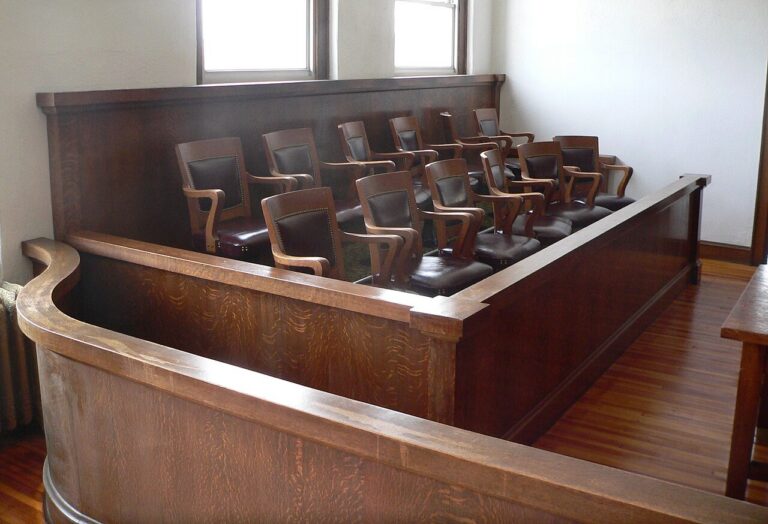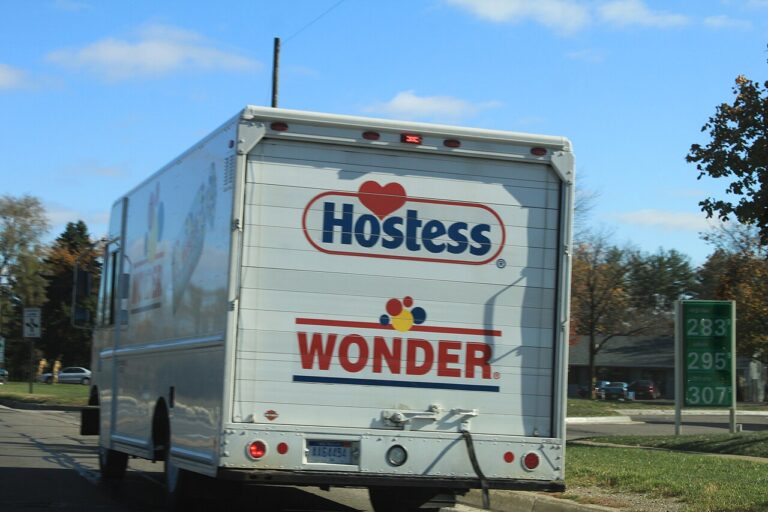Maddy Joseph is a student at Harvard Law School.
A group of over two dozen economists and law and economics professors filed an amicus in Janus in support of the respondents. The brief argues that “decades if not centuries of economic theory and empirical evidence” establish that many who pay agency fees are not union objectors but free riders.
The brief draws first on Mancur Olson’s work on the rationality of free riders:
As Mancur Olson has demonstrated, a rational employee motivated solely by economic self-interest will withhold union dues or fair-share fees if he can do so without incurring countervailing costs–even if he benefits from the union, believes he benefits, and agrees with the union’s actions on his behalf–because his fees “alone would not perceptibly strengthen the union, and since he would get the benefits of any union achievements whether or not he supported the union.”
Free riding, as the brief puts it, simply “follows from individual economic self-interest in the context of collective goods” like those provided by unions, “even when everyone agrees they benefit from those goods.” The brief gives examples like taxes (even for basics like national defense), NATO dues, and vaccinations.
Economic theory and empirical research continue to refine Olson’s analysis, the brief notes. Recent research has highlighted how free riding can spiral: even if some members pay union dues because they are inclined to act cooperatively rather than self-interestedly, other members’ free riding eventually becomes “contagious,” and those inclined toward cooperative behavior begin to copy the free riders.
The brief also discusses recent empirical evidence on union free riders. It highlights that studies comparing union membership in right to work (RTW) states and union security states have found not only that union membership rates are considerably lower in RTW states but also that underlying opposition to unions does not on its own explain the difference. This challenges Janus’s contention that everyone who pays an agency fee is an ideological objector, or a “forced rider.”
The brief also points to results from Iowa’s recent recertification elections to refute this forced rider argument and to undermine Janus’s argument that RTW would not have a significant impact on union membership and funds. In Iowa, public sector unions now must be recertified before each new contract negotiation, and recertification requires not just a majority of those voting but a majority of those covered by the collective bargaining agreement. Here’s what happened, according to the brief:
The election results for AFSCME Iowa Council 61 show that eighty-three percent of all employees covered by the union’s collective bargaining agreements affirmatively voted to recertify the union. Only fifteen percent failed to vote. And only two percent voted against the union. Yet seventy-one percent of the employees are free riders, in the sense that they are covered by union agreements but are not members of the union, and do not pay fair-share fees because Iowa is an RTW state.
The brief, which was submitted on behalf of the economists and law professors by Keker, Van Nest, and Peters, can be found here.










Daily News & Commentary
Start your day with our roundup of the latest labor developments. See all
February 10
San Francisco teachers walk out; NLRB reverses course on SpaceX; NYC nurses secure tentative agreements.
February 9
FTC argues DEI is anticompetitive collusion, Supreme Court may decide scope of exception to forced arbitration, NJ pauses ABC test rule.
February 8
The Second Circuit rejects a constitutional challenge to the NLRB, pharmacy and lab technicians join a California healthcare strike, and the EEOC defends a single better-paid worker standard in Equal Pay Act suits.
February 6
The California Supreme Court rules on an arbitration agreement, Trump administration announces new rule on civil service protections, and states modify affirmative action requirements
February 5
Minnesota schools and teachers sue to limit ICE presence near schools; labor leaders call on Newsom to protect workers from AI; UAW and Volkswagen reach a tentative agreement.
February 4
Lawsuit challenges Trump Gold Card; insurance coverage of fertility services; moratorium on layoffs for federal workers extended